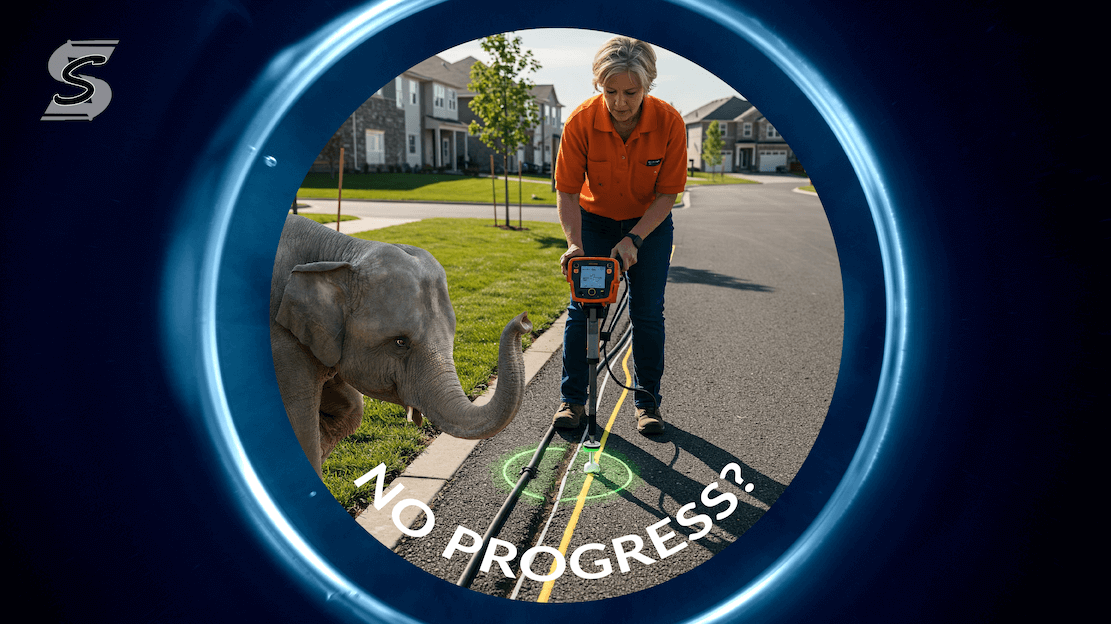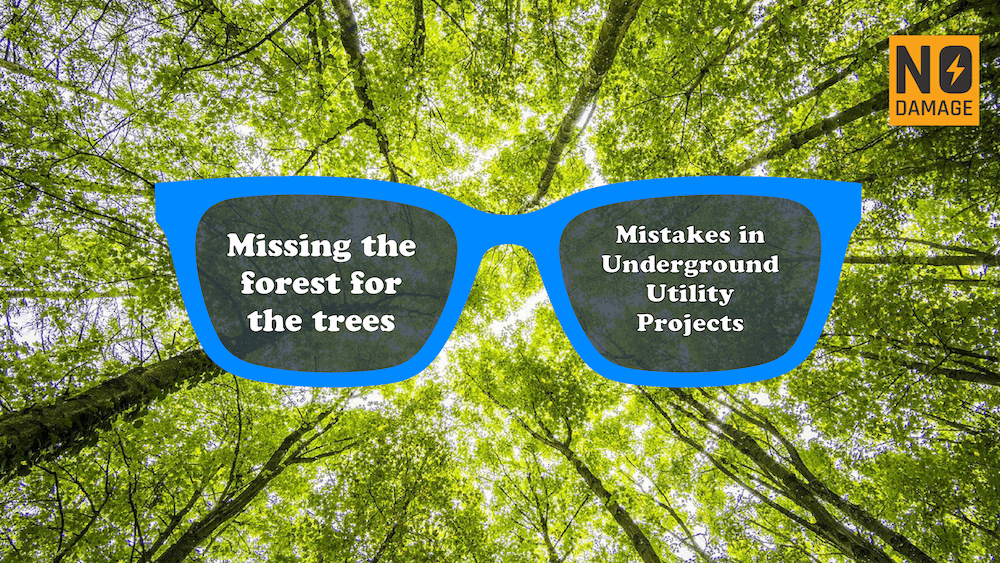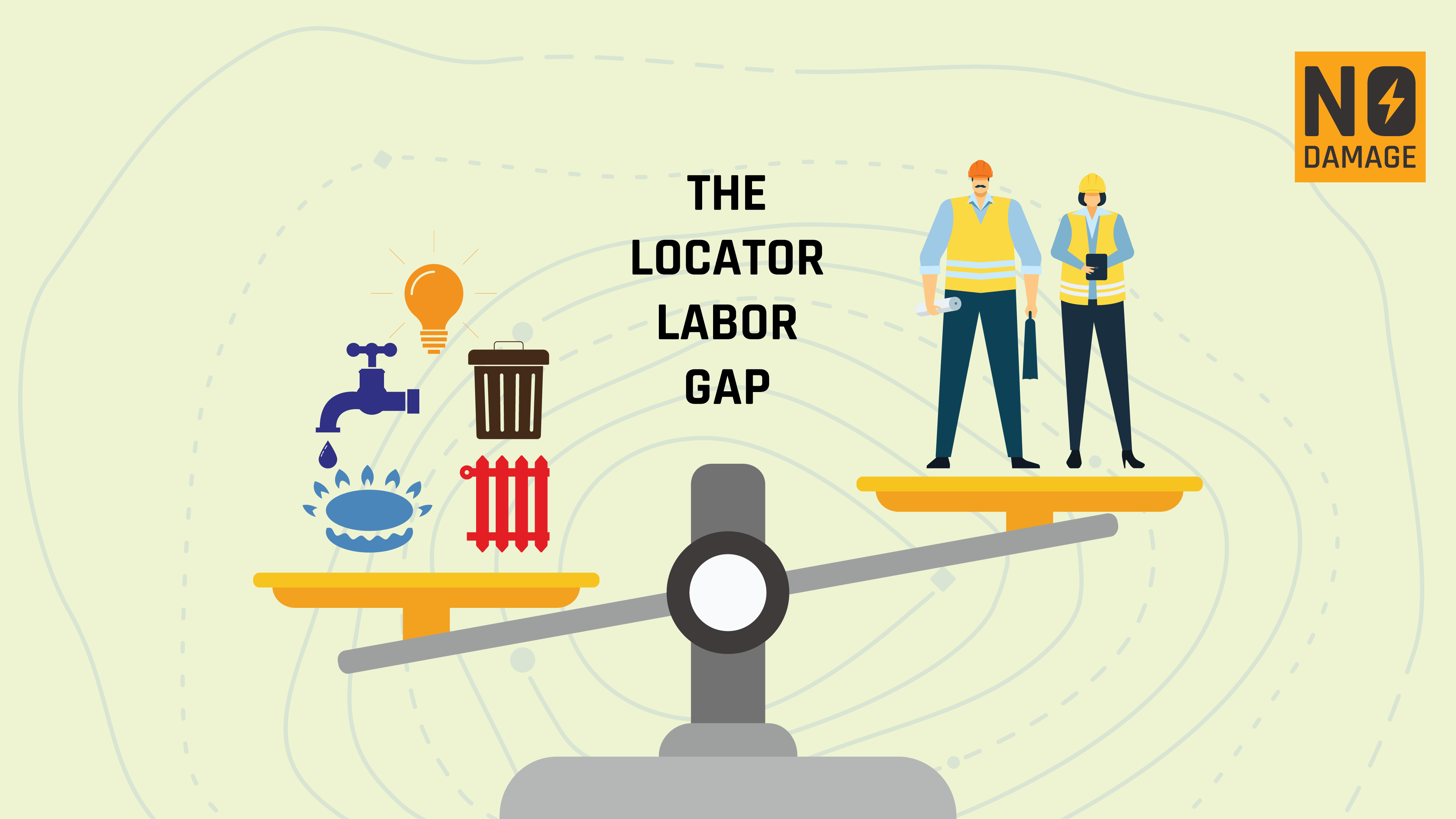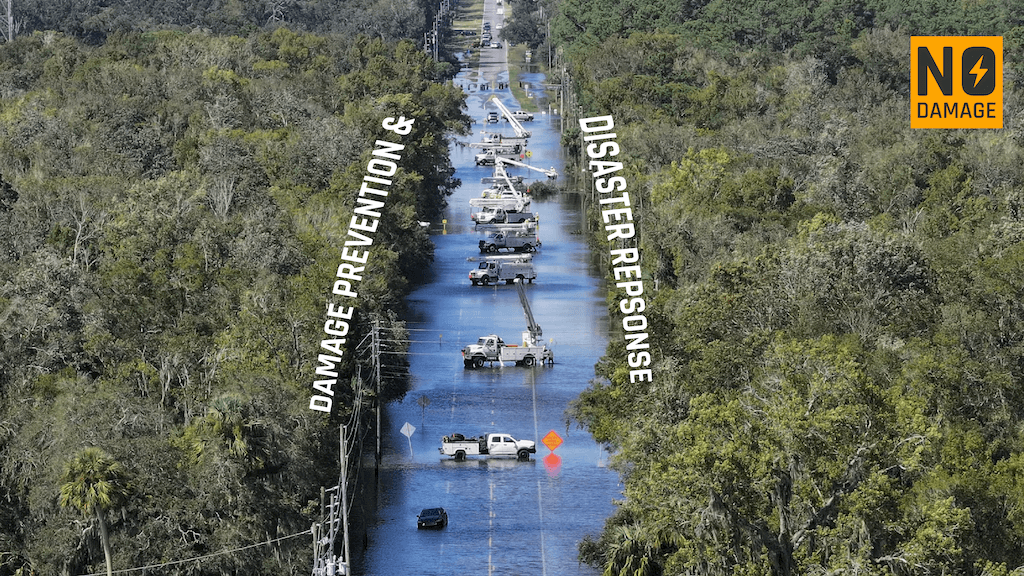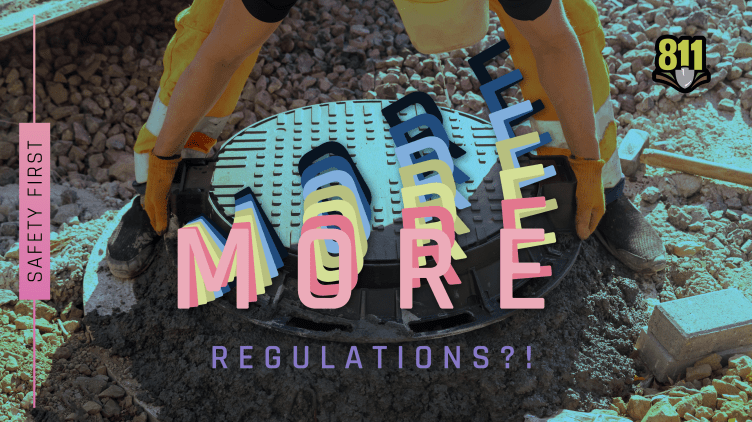
Regulations for regulations sake aren't a good thing, but I tried to come up with a lean list of regs that could amend or be added on without giving locators and excavators any more headaches. These regulations would aim to enhance communication, increase awareness, and promote responsible excavation practices. Here are some examples:
- Mandatory Positive Response: Implement a requirement for utility operators to provide a positive response after receiving an excavation notification. This ensures that excavators receive confirmation that utilities have been marked or that there are no conflicts, reducing the risk of accidental utility damage. We do this already in Ontario, Canada where it's called 360 Feedback - here's the process: LINK
- Advanced Notice for Complex Projects: Introduce regulations that mandate longer advance notice for complex or large-scale excavation projects. This allows utility operators more time to assess potential conflicts and plan for marking and response. I think a few states were looking at doing this but I'm not sure if it went through 🤷♂️
- Enhanced Education and Training: Establish regulations that mandate regular education and training for excavators, utility operators, and enforcement agencies. This ensures that all stakeholders are well-informed about best practices, regulations, and the importance of damage prevention. Maybe annual 811 training online would help ensure everyone is up to date, the same way truckers have to do a medical.
- Tiered Penalties: Introduce a tiered penalty system based on the severity of violations. Higher penalties could be imposed for repeated or intentional non-compliance, incentivizing responsible behavior and deterrence.
- Public Awareness Campaigns: Mandate utility operators to contribute to public awareness campaigns about the importance of "Call Before You Dig" and safe excavation practices. These campaigns can increase public understanding and encourage more responsible reporting of excavation activities.
- Pre-Construction Surveys: Require excavators to conduct pre-construction surveys before excavation in areas with a high density of utilities or complex infrastructure. This additional step can help identify potential conflicts and prevent utility damages.
- Encouraging Voluntary Reporting: Create incentives for excavators to voluntarily report near-miss incidents or minor damages to utilities. This reporting can provide valuable insights into potential hazards and encourage a culture of transparency and learning.
These potential regulations have the potential to enhance safety, increase the effectiveness of the 811 system, and promote responsible excavation practices. By fostering clear communication, education, and collaboration among all stakeholders, these regulations can contribute to a safer and more efficient excavation environment.
What do you guys think?
Share this Post
